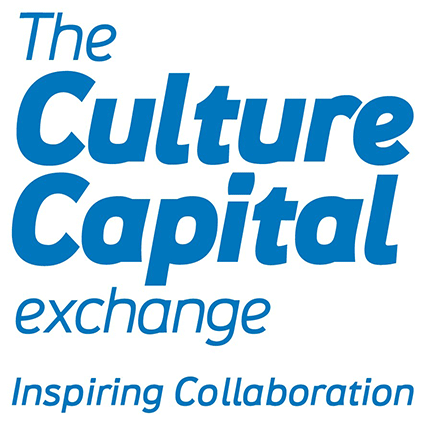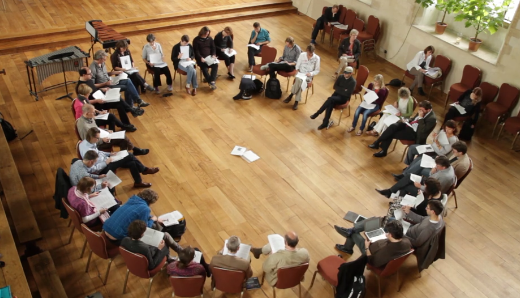Artistic purpose in a fractured society
Fri 24 March 2017, 5pm - 7pm
FREE, registration essential to secure your place.
Room G16 (New Wing)
Somerset House
Strand
London WC2R 1LA
This is an interactive studio session, based on a provocation paper and designed to stimulate exchange and fresh thinking about the power of the performing arts in contemporary societies, and the implications for professional education and training of artists.
In 1965, Britain’s first Arts Minister Jennie Lee wrote:
In any civilised community the arts and associated amenities, serious or comic, light or demanding, must occupy a central place. Their enjoyment should not be regarded as something remote from everyday life. (Lee 1965, 6)
Over half a century later and into the next millennium, she might well have imagined she would see the arts embedded and thriving within all UK communities. Sadly, this vision remains to be realized, although the arts themselves are able to cross so many borders, and constitute thoroughly international industries. Indeed, as we experience situations of increasing complexity, unpredictability and social fracture, the arts if anything occupy a more marginal place within our societies at home.
We are struggling with our relationship to the arts. We may know deep down that they are essential to who we are and to our well being, but we are disconnecting from them. Too often, they are being positioned as entertainment, their status largely “icing on the cake”. Or, democratised through digital revolution, the experience of the arts is distancing people from the core of human interaction that these disciplines are about.
All of course is not doom and gloom for the arts. We don’t have to look far for statistics that laud the contribution of the creative industries: But at stake here is a bigger question – actually what is needed to create cohesive and sustainable communities in our contemporary world, and where do the arts feature in this? For those of us who believe that the arts provide a deep root to help find our way through the bewildering maize of contemporary life and its many paradoxes, there then come important questions about the artistic activism needed to enable a paradigm shift in how our societies engage in the arts at all levels. Furthermore, the education and training of the next generations of professional artists becomes critical. This ultimately becomes the focus of the session.
Once you sign up to come to the session, you will receive a copy of the provocation paper. This comes from a book currently being made about the future of the performing arts in society and the place that the professional education and training of artists can play in this. I am hoping that participants will read it before the session, but it will also be introduced briefly at the beginning of the session to kick off the studio collaborative discussion.
Lead by: Helena Gaunt and Susannah Henry (Guildhall School of Music and Drama)
![]()
Helena Gaunt
PhD, MBA (Distinction), LGMS(PCS), BA Hons (Cantab), FGS, FRSA
Professor Helena Gaunt is Vice Principal and Director of Academic Affairs at the Guildhall School of Music & Drama, providing strategic leadership in academic development, research, enterprise and internationalisation. She is a National Teaching Fellow (2009) and Principal Fellow of the Higher Education Academy.
Having been a professional oboist and member of the Britten Sinfonia, she has more recently developed research expertise and has published widely. Current interests focus on ensemble practices in the performing and fine arts, creative entrepreneurship, and the potential for the arts to contribute to education and development practices more widely. Helena is the Chair of the Innovative Conservatoire (ICON) partnership, providing pioneering professional development internationally for conservatoire teachers.
Image Credits: Sarah Hickson / courtesy of Guildhall School of Music & Drama












